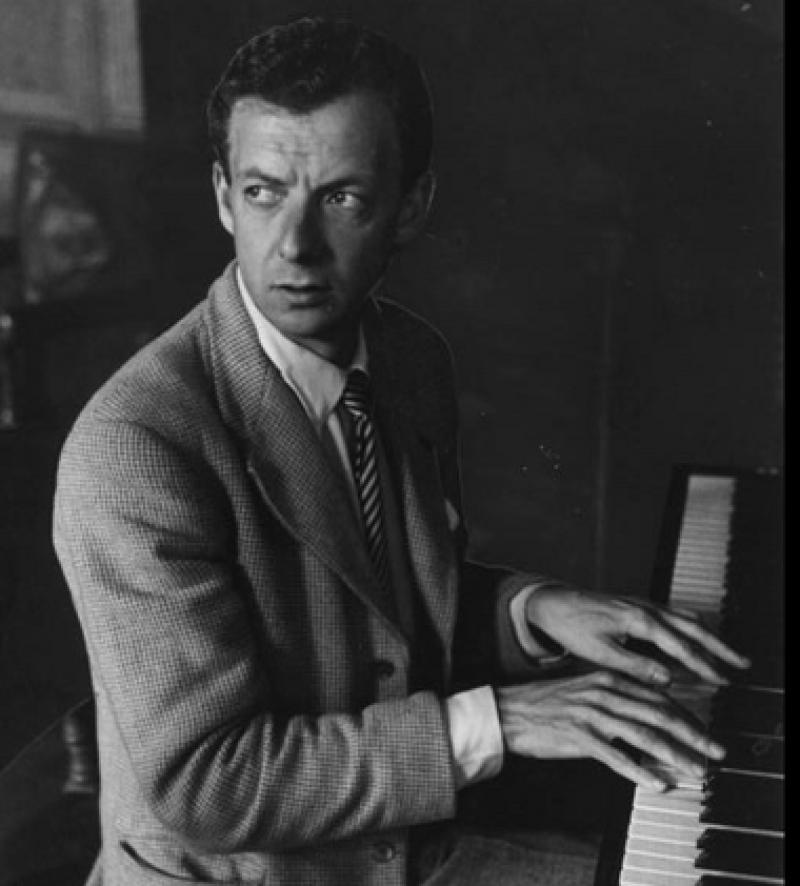Dear Friend of Sacred & Profane,
I’ve always tried to represent diverse experiences in our holiday concerts. At times, we’ve performed music from multiple religious persuasions, or presented concerts that unify the pieces through elements such as light or a certain composer. In this season celebrating Sacred and Profane’s 40th year of bringing beautiful choral music to Bay Area audiences, I wanted to craft a season focused on our title and our mission – Sacred and Profane. So this concert focuses on the profane – not necessarily the bawdy side of profane, but the secular and non-religious. I’ve always felt that the wintertime is a time to nestle in, to contemplate life’s depths. Sure, it’s a time for celebration, but it’s also a time for solitude, quite reflection, spiritual depth. Ours is a secular concert about the evening and the night, about the starry sky and the Northern Lights.
Sketch of Alfvén by Peder Severin Krøyer, 1903
The first half of our concert will begin with music of the evening – two pieces titled Abendständchen (Evening Serenade), but musical settings of different poems by two German masters – Brahms and Mendelssohn. Several of the singers have told me that the Brahms is one of their go-to pieces in all of choral repertoire. We’ll also sing one of my favorite pieces by the mid-20th century Swedish folk-style lyricist Hugo Alfvén: Aftonen, with it’s dreamy humming after each verse. Saint-Saëns’ Calmes des nuit illustrates our theme perfectly, with the composer and poet (both Saint-Saëns) denouncing those who love the city life as shallow, preferring the solitude of nature as the light is waning.
I was fortunate to be present for Karin Rehnqvist’s rehearsal of Sånger ur jorden (Songs of the Earth) with Adolf Fredrik’s Girls Chorus just before they toured with that work in China in 1998. I’ve programmed it several times since, and I love how the work, like much of her music, gives singers an emotional experience and message they are rarely allowed. In this piece, the young women are encouraged not to hide from the darkness and difficulties life brings.
composer Ola Gjielo
I was happy to find Wintertide, a brand-new work by the popular Norwegian composer Ola Gjeilo with a text by Anthony Silvestri (the same poet of Eric Whitacre’s Leonardo Dreams of His Flying Machine, which we sang in May 2016). This work, an arrangement of a popular Norwegian Christmas tune, perfectly completes the first half of our concert about the spiritual depth and personal contemplation found in the winter evening.
In my next letter, I’ll talk about music of the stars, the Northern Lights, and the music of the Latvian composer Ēriks Ešenvalds.
Rebecca Petra Naomi Seeman; Artistic Director, Conductor
Warmly,
Rebecca

















